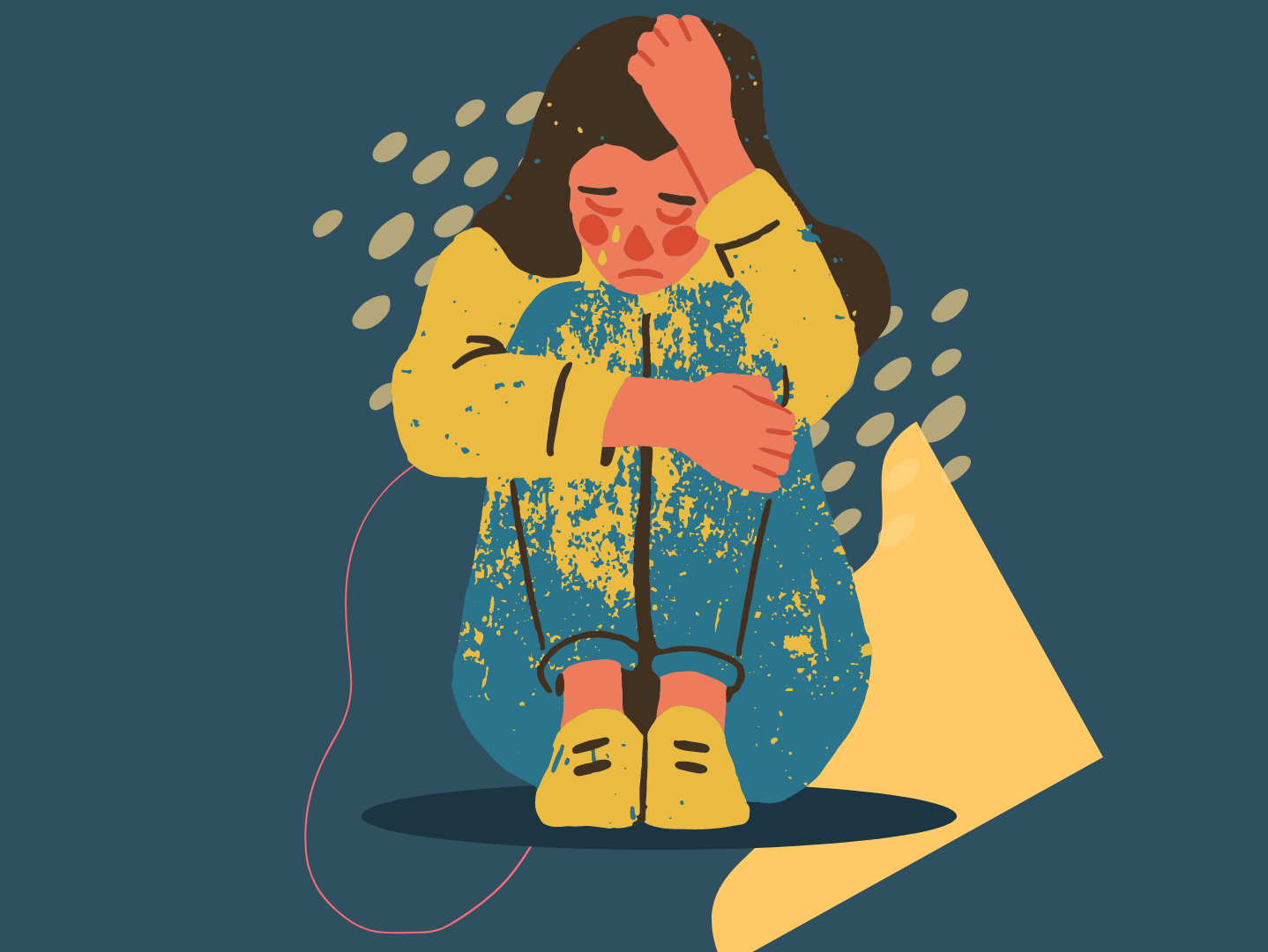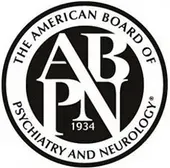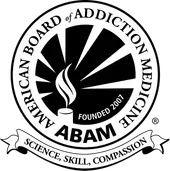What Is An Anxiety Attack?
Wave Treatment Centers
What Is An Anxiety Attack?
The quick answer to the question “What is an anxiety attack?” is that it is a non-clinical term that may describe excessive fear or worry due to a specific event or situation. For example, if you feel slightly nervous before flying, that’s not an anxiety attack. But if you become so overwhelmed by fear that you develop extreme symptoms that prevent you from boarding a plane or even entering an airport, you may be dealing with an anxiety disorder.
What Is An Anxiety Attack vs. a Panic Attack?
People often confuse panic and anxiety as meaning the same thing. However, mental health professionals recognize distinctions between these two terms. Anxiety is a general term that covers several types of disorders. Panic can refer to panic disorder (which is a type of anxiety disorder). Additionally, panic can also refer to panic attacks, which are symptoms of panic disorder.
Sometimes a person experiences the sudden onset of painful physical and psychological symptoms. The symptoms remain unrelated to any actual threat or risk of harm. In fact, they may be having a panic attack. Alternatively, a person may become consumed by excessive worry. What is more, the worry is unrelated to a realistic object or event. In this case, the answer to the question “What is an anxiety attack, and am I having one?” may be no.
Symptoms of Anxiety
The symptoms of anxiety can vary from person to person. They depend on several factors, including the type of anxiety disorder they have. In general, common signs and symptoms of anxiety include:
- Excessive fear or worry
- Change in sleep patterns
- Muscle tension
- Fatigue
- Changes in behavior to avoid certain people, places, or events
- Difficulty concentrating or focusing
- Irritability and restlessness
- Elevated heart rate and racing pulse
- Sweating
- Feeling detached from their surroundings
- Feeling detached from their own thoughts and emotions
What Is An Anxiety Attack? Common Causes
There is no single definitive cause of anxiety. For one thing, it can be caused by genetics. Additionally, it may stem from environmental factors. People who experience one or more of the following are at risk:
- Family history of anxiety disorders or certain other forms of mental illness
- Personal history of abuse, assault, or other trauma
- Personal history of major depressive disorder
- Behavioral inhibitions
- Exposure to excessive stress
- Death of a relative, pet, or another important loved one
- Dramatic life changes such as parental divorce during childhood
Having one or more of the risk factors for anxiety does not mean that a person will definitely develop an anxiety disorder. Having said that, people who have multiple risk factors should be aware of this risk. Concurrently, if they develop warning signs, they may need professional help.
Types of Anxiety Disorders
Anxiety is a general term that can refer to several disorders. The following are among the more common anxiety disorders:
Generalized Anxiety Disorder
When people use the word “anxiety,” they are often referring to generalized anxiety disorder or GAD. People who have GAD experience excessive, uncontrollable worry or fear. As a consequence, their lives are negatively impacted. This includes their ability to function in school, at work, or in other important areas of life.
Social Anxiety Disorder
Social anxiety disorder is also called social phobia. Symptoms include extreme fear related to meeting new people, speaking in public, and being seen by others. People who have social anxiety often have a huge fear of humiliation or embarrassment.
Separation Anxiety Disorder
People who have separation anxiety disorder have excessive and inappropriate fears that they will lose a person with whom they have a strong attachment. Common fears among people who have separation anxiety disorder include that their loved one will get lost, develop a fatal illness, become the victim of a natural disaster, and other problems.
Specific Phobia
Specific phobia involves developing extreme worry or apprehension related to an animal, object, or event. The fear is unrelated to normal levels of fear. Common examples of specific phobia include excessive fear of heights, spiders, needles, and elevators.
Agoraphobia
Agoraphobia is a type of anxiety disorder related to places. People who have it may experience fear of several things. These include using public transportation and being in an enclosed or wide-open space. As a matter of fact, some fear even leaving their homes.
Panic Disorder
People who develop panic disorder experience sudden rushes of intense discomfort. Symptoms can include chest pain, dizziness, numbness, tingling, and a racing heart rate. Furthermore, they may believe that they are dying. Not only are the symptoms uncomfortable, but they can also make a person give up their normal routines.
Treatment Options for Anxiety Disorders
A follow-up question to “What is an anxiety attack?” is “How do I treat them?” Many options for treatment for anxiety disorders exist. As a result, people have choices. First, a person should check out their options. Second, they can decide what works best for them. After this, they can adjust their approach as needed. Treatment options for anxiety disorders include:
- Medication : Prescription medications can ease the symptoms of anxiety. Thus, they allow people to assume greater control of their thoughts and behaviors.
- Psychotherapy : Several types of therapy have proved helpful for people who have anxiety disorders. Therapy sessions allow a person to process their experiences. Not only that, but they can learn to manage their symptoms of anxiety.
- Outpatient care : Outpatient treatment for anxiety allows people to receive quality clinical care. In addition, they can don’t have to commit to residential care. Because of this, the person saves time and money.
Find Treatment For Your Anxiety Disorder
There is no one form of anxiety disorder treatment that’s right for every person. When you’re trying to find anxiety treatment, a few things come to mind. First, focus on finding a provider whose services best meet your needs. Second, understand your insurance and payment options. Last, use a list of questions to help you make a decision. Asking the following questions can help you find the right place for you
- What is the center’s treatment philosophy?
- Does the center offer several types of treatment?
- Will you receive a personalized treatment plan?
- What are the qualifications of the professionals who will provide your care?
- Will your treatment include aftercare planning?
- Is the center located near you?
- Will the center accept your insurance?
At Wave Treatment Centers, we will be happy to answer these and any other questions you have. You should expect nothing less from any anxiety treatment program that you’re considering.
Anxiety Treatment in Philadelphia, PA
Untreated anxiety disorders can make it difficult or virtually impossible for you to live a full and satisfying life. But when you get proper professional care from a reputable treatment provider, you can regain control of your thoughts and behaviors. When you’re ready to get the care you deserve, Wave Treatment Centers is here for you. Contact us today to learn more.
The post What Is An Anxiety Attack? appeared first on WAVE Mental Health Treatment Centers.
Schedule Your Consultation
Chestnut BLOG Form Submission

















